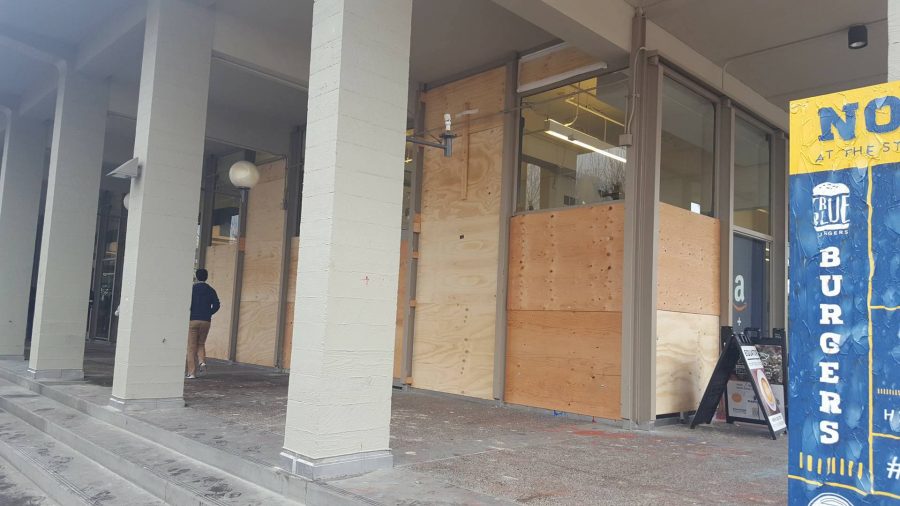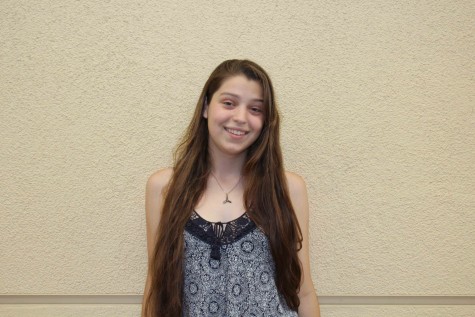Martin Luther King Jr. is one of the most well-known advocates of the peaceful protest.
Ironically, on Feb. 4, Black Bloc anarchists shattered the windows of a building dedicated to him while protesting against Milo Yiannopoulos.
The planned speech that was to be given by Yiannopoulos was canceled due to the large amount of protestors that amassed at Sproul Square on campus.
Since Yiannopoulos is an editor of the right-wing website, Breitbart News, many students joined the movement to unite against the speaker. Yiannopoulos had been previously banned from Twitter for harassment, and was called out by some for being allegedly “racist, misogynist, and Islamophobic.”
“I joined the protest because I believe Yiannopoulos’s words do not count as free speech,” said UC Berkeley freshman Hannah Villareal. “If by university policy a student is not allowed to say the things that Milo says, [UC Berkeley] should not be welcoming him onto campus. I am against someone [who brings] feelings of exclusion and hate to this designated space safe university.”
According to Villareal, the protest was originally meant to be a peaceful congregation of students. To organize it, Berkeley clubs made announcements on both Facebook and in classrooms, and held meetings on campus in order to draw students’ attention.
The protest received many negative reviews because of the violence that erupted midway through the protest. Black Bloc anarchists took the protest as a chance to go onto the Berkeley campus and damaged nearby stores, set a tree aflame, and knocked down a lamp post.
“I can honestly say that [the protest] wasn’t as disastrous or as chaotic as the news made it seem,” said Villareal. “Only a few isolated fights broke out here and there. People were just singing and chanting. The only ones who got violent were Black Bloc.”
This isn’t the first time that one of Yiannopoulos’s speeches have been canceled.
At UC Davis, Yiannoupoulos had been also scheduled to make a speech, but protestors forced sponsors to shut down their plans. Similar to what happened at Berkeley, the university’s College Republicans had been the ones to invite Yiannopoulos onto campus.
“I don’t think the Berkeley protestors should have reacted in such a way because it drew more attention to Yiannopoulos,” said Carlmont junior Earl Kwofie. “It’s definitely right for them to protest, but I feel like they needed a more defined purpose. I personally feel that by protesting against him, it gave [him] more power than he should have gotten.”
After the news broke that Yiannopoulos had not been allowed to speak at the campus, some supporters argued that Berkeley students had been unfair by not letting the editor speak.
President Trump especially criticized UC Berkeley for their actions and threatened to divert funding.
However, some praised the actions done by students in light of Trump’s recent actions. The students could not be blamed for the violence that occurred since the main damages were caused by the “150 masked agitators,” according to the Berkeley administration. Even so, the morning afterwards, students still came out with plastic bags to help with repairs.
“If Yiannopoulos is a fascist and xenophobe, I think it’s right that he wasn’t allowed to speak,” said Carlmont junior David Gu. “If he was allowed to speak on the Berkeley campus, it would have caused many arguments or even more conflict.”



